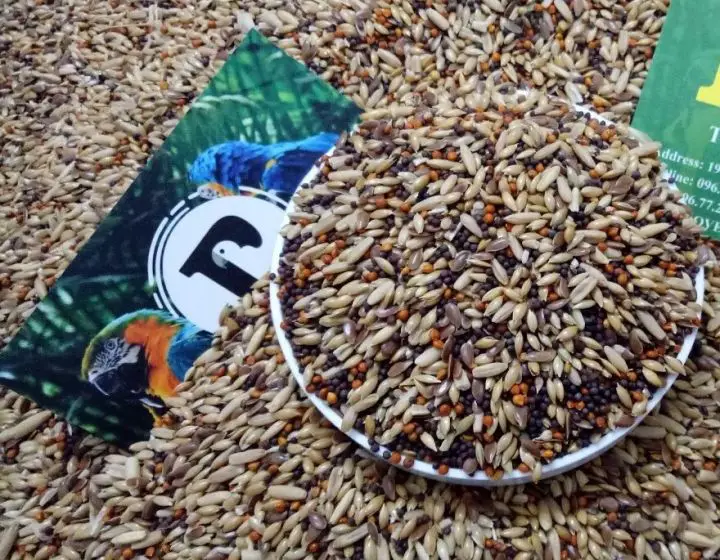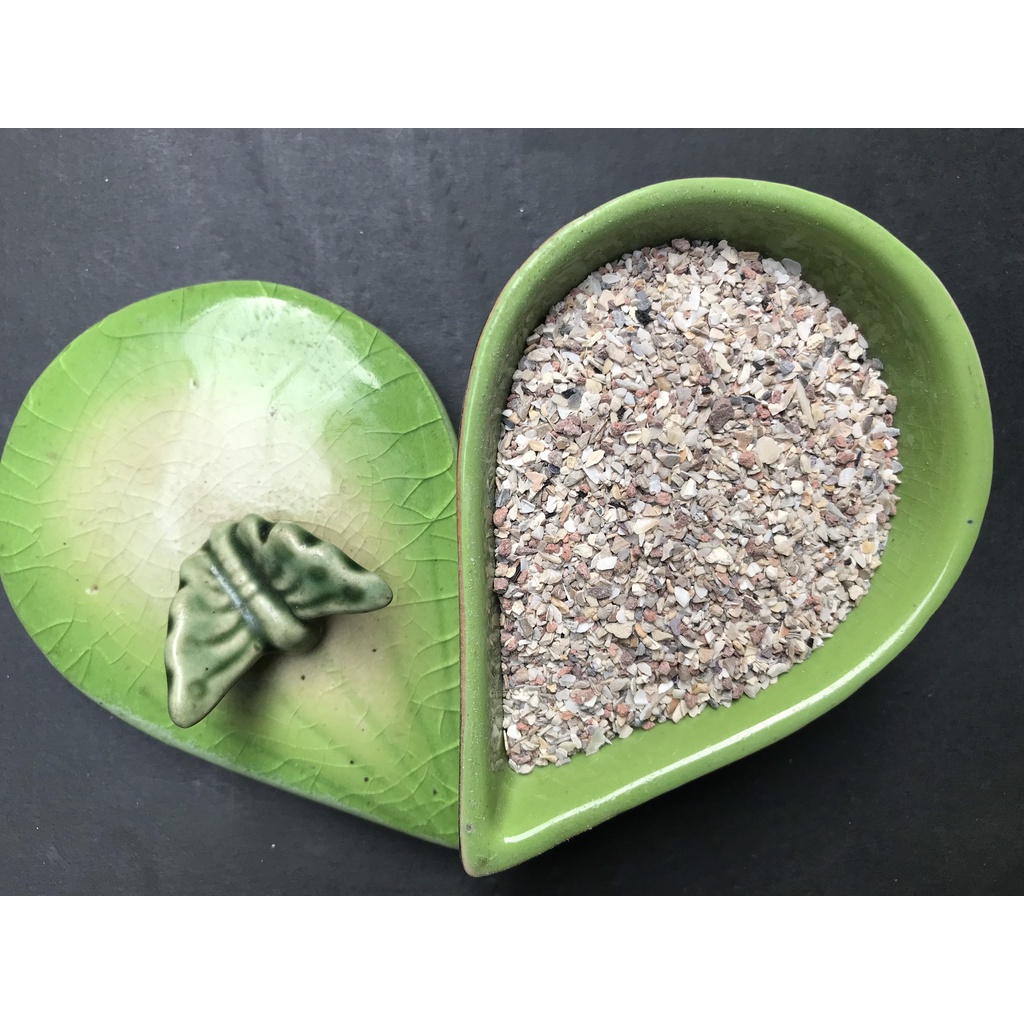How to Choose the Right Foods for Your Canary: A Comprehensive Guide
Introduction
Canaries, with their vibrant colors and melodious songs, make delightful companions. Proper nutrition is crucial in maintaining their health, happiness, and longevity. This article provides a comprehensive guide on how to choose the right foods for your canary, ensuring a balanced and nutritious diet that caters to their specific needs.
Understanding Canary Dietary Needs
Canaries are granivorous birds, primarily feeding on seeds. However, a diet consisting only of seeds is insufficient. They require a mix of fruits, vegetables, and proteins for a balanced diet.
- Seeds: A staple in a canary’s diet, seeds should be fresh and of high quality. Look for a mix that is specifically formulated for canaries, as it will have the right balance of different seeds.
- Fruits and Vegetables: Fresh fruits and vegetables provide essential vitamins and minerals. Safe options include apples (without seeds), oranges, carrots, spinach, and broccoli.
- Proteins: Protein is vital, especially during molting or breeding. Offer small amounts of hard-boiled eggs, specially formulated bird pellets, or commercial canary egg food.
Choosing High-Quality Seed Mixes
The market offers various seed mixes, and choosing the right one is crucial.
- Ingredients: Look for a mix that includes a variety of seeds, such as canary seed, millet, and flaxseed. Avoid mixes with excessive filler seeds like milo or large amounts of sunflower seeds.
- Freshness: Ensure the seeds are fresh and not stale or moldy. Check the packaging date and storage conditions.
- Additives: Opt for natural, additive-free seed mixes. Avoid those with artificial colors or preservatives.

Incorporating Fresh Foods
Integrating fresh foods into your canary’s diet is essential for providing a range of nutrients.
- Variety: Offer a variety of fruits and vegetables to ensure a range of vitamins and minerals. Introduce new foods gradually to monitor for any adverse reactions.
- Preparation: Wash all fruits and vegetables thoroughly. Remove any seeds from fruits, as some, like apple seeds, can be toxic.
- Portion Control: Fresh foods should complement, not replace, the seed mix. Offer them in small, manageable portions.
Understanding the Role of Supplements
Supplements can be beneficial, especially if dietary needs are not being fully met.
- Vitamin Supplements: If your canary’s diet lacks variety, a multivitamin supplement can be useful. Consult with a veterinarian for the appropriate type and dosage.
- Calcium: Cuttlebone or mineral blocks provide a good source of calcium, which is essential for bone health and egg production.

Avoiding Harmful Foods
Some foods can be harmful or toxic to canaries.
- Avocado, Chocolate, and Caffeine: These are toxic and should never be given to canaries.
- Sugar and Salt: Avoid foods high in sugar and salt.
- Onions and Garlic: These can cause digestive issues and should be avoided.
Conclusion
Choosing the right foods for your canary involves providing a balanced and varied diet, tailored to their specific needs. A mix of high-quality seeds, fresh fruits and vegetables, appropriate protein sources, and necessary supplements will ensure your canary stays healthy and happy. Always introduce new foods gradually and monitor your bird’s health and preferences. Remember, a well-fed canary is more likely to be a vibrant, active, and melodious companion.
